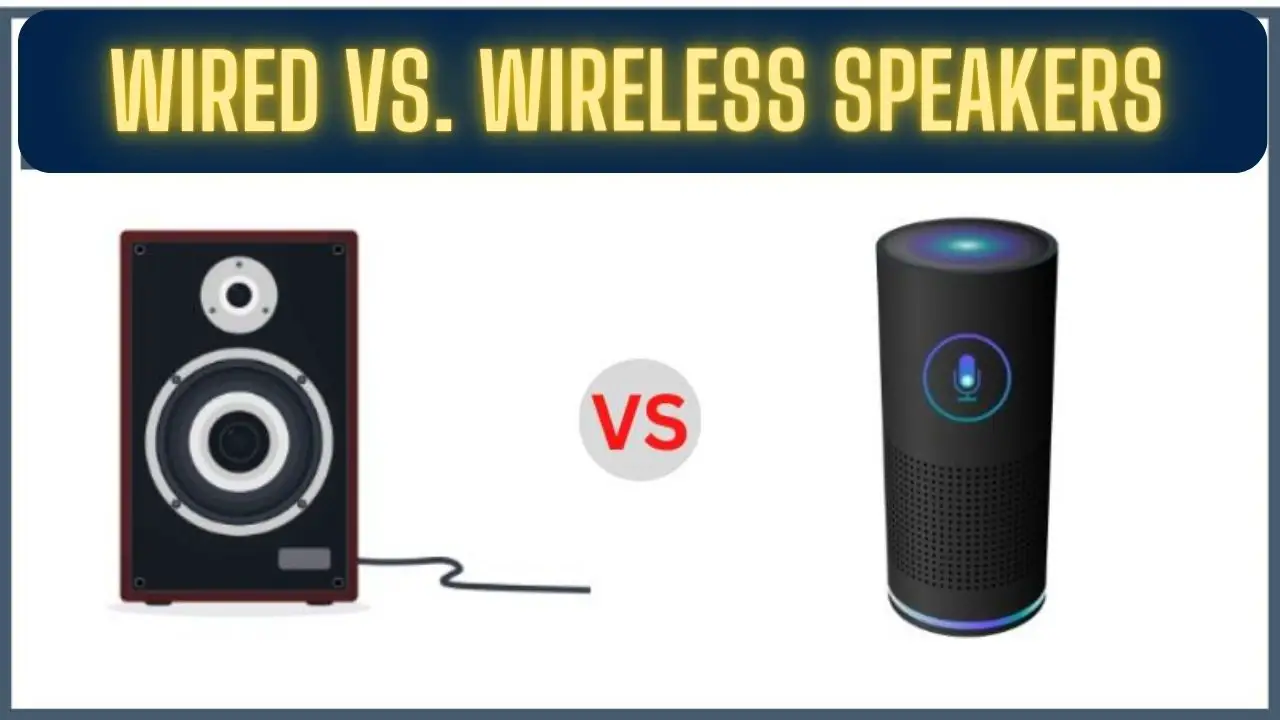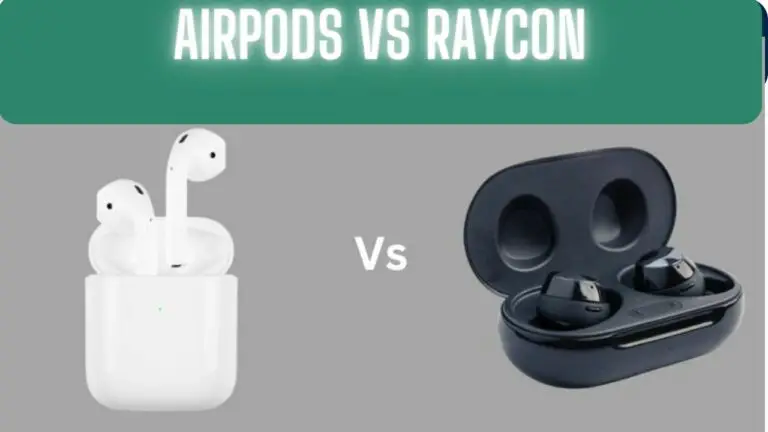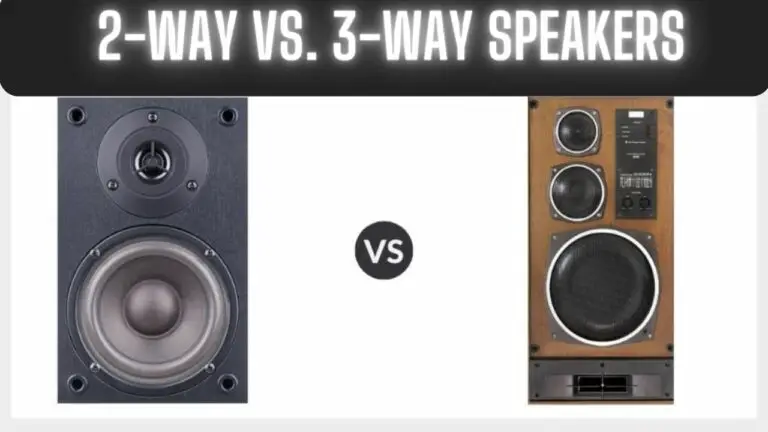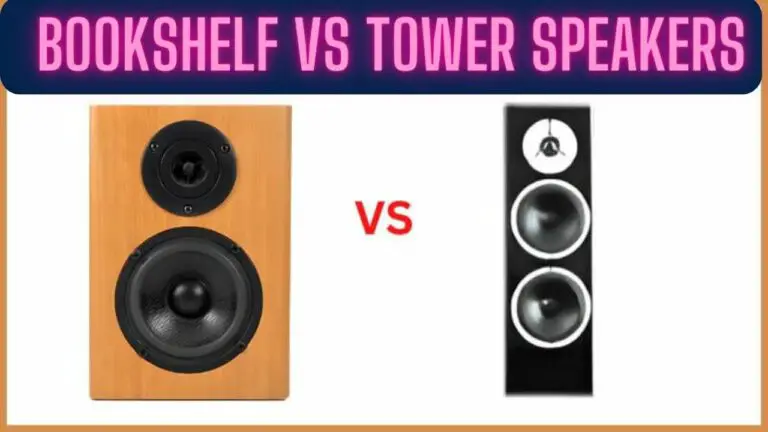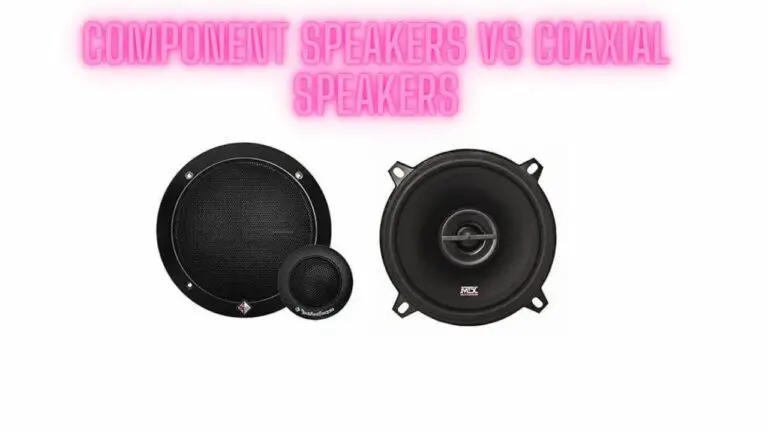Wired vs. Wireless Speakers: Making the Right Choice for Your Audio Setup
Introduction
When it comes to setting up a sound system for your home, office, or entertainment space, you’ll often face a crucial decision: wired or wireless speakers? Each type has its own set of advantages and disadvantages, and the choice largely depends on your specific needs and preferences. In this article, we’ll explore the key differences between wired and wireless speakers to help you make an informed decision.
Wired Speakers:
1. Connection Stability:
- Advantage: Wired speakers offer a stable and reliable connection to your audio source, ensuring minimal signal interference and dropouts. This makes them ideal for critical listening and high-fidelity audio setups.
2. Audio Quality:
- Advantage: Wired speakers typically deliver higher audio quality with lower latency compared to wireless counterparts. They can reproduce audio with greater precision and clarity, making them favored by audiophiles.
3. Setup Simplicity:
- Advantage: Wired speaker setups are often simpler to configure, especially for stereo or surround sound systems. You connect the speakers directly to your audio source or amplifier using cables.
4. Price Point:
- Advantage: Wired speakers tend to be more budget-friendly, making them an attractive option for those looking for high-quality audio without breaking the bank.
5. Limitations:
- Drawback: The main limitation of wired speakers is the need for physical cables, which can limit speaker placement options and require careful cable management to avoid clutter.
6. Ideal Use Cases:
- Best For: Wired speakers are ideal for critical listening environments, home theaters, studios, and situations where audio quality and stability are paramount.
Wireless Speakers:
1. Convenience and Flexibility:
- Advantage: Wireless speakers offer unmatched convenience and flexibility when it comes to placement. You can position them virtually anywhere within the wireless range of your audio source.
2. Cable Reduction:
- Advantage: Wireless speakers eliminate the need for extensive cable runs, reducing cable clutter and making them an attractive option for modern, minimalist aesthetics.
3. Integration and Smart Features:
- Advantage: Many wireless speakers come equipped with smart features, including compatibility with voice assistants, streaming services, and multi-room audio setups, enhancing their versatility.
4. Portability:
- Advantage: Wireless speakers are inherently portable, allowing you to take your music to different rooms or even outdoors without the hassle of cables.
5. Potential for Interference:
- Drawback: Wireless speakers can be susceptible to interference from other wireless devices or Wi-Fi networks, potentially leading to signal dropouts or reduced audio quality.
6. Audio Quality and Latency:
- Drawback: While wireless audio technology has improved significantly, some wireless speakers may not match the audio quality and low latency of their wired counterparts, particularly in high-resolution audio applications.
7. Ideal Use Cases:
- Best For: Wireless speakers are excellent for convenience-focused setups, casual listening, multi-room audio systems, and situations where cable management is a concern.
Wired vs. Wireless Speakers: Key Differences to Consider
When it comes to choosing between wired and wireless speakers, there are several important differences to consider. Here’s a breakdown of the main distinctions between these two types of speakers:
1. Connection Method:
- Wired Speakers:
- Wired speakers are physically connected to the audio source or amplifier using cables. These cables transmit audio signals from the source to the speakers.
- Typically, wired speakers use traditional audio connectors such as RCA, 3.5mm audio jacks, or speaker wire terminals.
- Wireless Speakers:
- Wireless speakers connect to the audio source via wireless technology, such as Bluetooth, Wi-Fi, or proprietary wireless protocols.
- The audio signal is transmitted wirelessly from the source device (e.g., smartphone, computer) to the wireless speakers.
2. Audio Quality:
- Wired Speakers:
- Generally offer higher audio quality compared to wireless speakers. Wired connections provide a stable and lossless audio signal transmission.
- Well-suited for audiophiles and critical listening environments where audio fidelity is a top priority.
- Wireless Speakers:
- While wireless audio technology has improved, some wireless speakers may experience compression and latency issues, which can affect audio quality.
- Audio quality may vary depending on the wireless technology used and the specific speaker model.
3. Setup Complexity:
- Wired Speakers:
- Typically have simpler setup procedures. You connect them directly to the audio source or amplifier using cables, and there’s minimal configuration required.
- Wireless Speakers:
- Generally offer more convenience in terms of setup. They often involve pairing the speaker with the source device via wireless technology, which can be quick and user-friendly.
4. Cable Management:
- Wired Speakers:
- Require careful cable management to avoid clutter, especially in multi-speaker setups. Long cables may be needed to reach speakers placed at a distance.
- Wireless Speakers:
- Eliminate the need for extensive cable runs, reducing cable clutter and making them suitable for modern, minimalist aesthetics.
5. Placement Flexibility:
- Wired Speakers:
- Limited in terms of placement flexibility due to the physical constraints of cables. Speakers must be positioned within cable reach of the audio source.
- Wireless Speakers:
- Offer greater placement flexibility since they are not tethered by cables. You can position them virtually anywhere within the wireless range of the source device.
6. Portability:
- Wired Speakers:
- Generally less portable due to the need for wired connections. They are designed for fixed or semi-permanent installations.
- Wireless Speakers:
- Inherently portable, making them suitable for use in different rooms, outdoor settings, or on the go (for battery-powered wireless speakers).
7. Interference and Range:
- Wired Speakers:
- Not susceptible to interference, providing a stable audio connection. Cable length can be a limiting factor.
- Wireless Speakers:
- May be susceptible to wireless interference from other devices or Wi-Fi networks, and range limitations may affect signal quality.
8. Smart Features:
- Wired Speakers:
- Typically do not incorporate smart features such as voice assistants, app control, or multi-room audio functionality. They focus primarily on audio quality.
- Wireless Speakers:
- Often equipped with smart features, allowing integration with voice assistants (e.g., Alexa, Google Assistant), app-based control, and the creation of multi-room audio systems.
9. Price Range:
- Wired Speakers:
- Generally more budget-friendly, offering a cost-effective solution for high-quality audio.
- Wireless Speakers:
- The price range can vary widely, with some wireless speakers offering premium features and audio quality, resulting in higher price points.
10. Ideal Use Cases:
- Wired Speakers:
- Best suited for critical listening environments, home theaters, studios, and situations where audio quality and stability are paramount.
- Wireless Speakers:
- Ideal for convenience-focused setups, casual listening, multi-room audio systems, and scenarios where cable management is a concern.
The choice between wired and wireless speakers depends on your specific needs, priorities, and the intended use of the speakers. While wired speakers generally excel in audio quality and stability, wireless speakers offer unmatched convenience and flexibility in terms of placement and integration with modern smart ecosystems. Consider your preferences for audio quality, setup ease, and overall convenience when making your decision.
Factors to Consider When Choosing Between Wired and Wireless Speakers
When choosing between wired and wireless speakers, several factors should be considered to determine which option best suits your needs and preferences. Here are some key factors to consider:
- Sound Quality:
- Wired speakers generally offer higher sound quality compared to wireless speakers. Since wired connections transmit audio signals directly without compression or loss of quality, they often deliver more accurate and detailed sound reproduction.
- Convenience and Flexibility:
- Wireless speakers provide greater convenience and flexibility in terms of placement since they are not restricted by cables. You can place wireless speakers anywhere within the range of the wireless signal, allowing for easy setup and rearrangement of your audio system.
- Portability:
- Wireless speakers are typically more portable than wired speakers since they do not require physical connections to audio sources. This makes them ideal for outdoor use, travel, or situations where mobility is important.
- Ease of Installation:
- Wired speakers require the installation of cables, which may involve routing wires through walls or ceilings for a clean setup. In contrast, wireless speakers can be set up quickly and easily without the need for complex wiring or installation.
- Range and Signal Stability:
- Wireless speakers rely on wireless technology such as Bluetooth or Wi-Fi for audio transmission. The range and signal stability of wireless speakers may be affected by factors such as distance from the audio source, obstacles, and interference from other electronic devices.
- Latency and Audio Synchronization:
- Wireless speakers may experience latency or delay in audio playback, especially when using Bluetooth technology. This latency can result in audio synchronization issues, particularly when watching videos or playing games. Wired speakers typically do not experience latency issues.
- Compatibility:
- Consider the compatibility of your audio sources with both wired and wireless speaker options. Most audio devices, such as TVs, stereos, and computers, support wired connections, while wireless speakers require compatible wireless technology (e.g., Bluetooth, Wi-Fi).
- Power Source:
- Wireless speakers require power to operate, either through built-in rechargeable batteries or AC power adapters. Wired speakers, on the other hand, do not require internal power sources since they draw power directly from the audio source.
- Cost:
- Wireless speakers tend to be more expensive than wired speakers due to the additional technology required for wireless connectivity. Consider your budget and the features you prioritize when comparing the cost of wired and wireless speaker options.
- Future Expansion:
- Think about your future audio needs and whether you may want to expand your audio system. Wireless speakers offer easier scalability and integration of additional speakers compared to wired systems, which may require more extensive cabling for expansion.
By carefully considering these factors, you can make an informed decision when choosing between wired and wireless speakers that best aligns with your preferences, lifestyle, and audio requirements. Whether you prioritize sound quality, convenience, portability, or compatibility, selecting the right type of speakers can enhance your overall listening experience.
FAQS
What are the main advantages of wired speakers over wireless speakers?
- Wired speakers typically offer higher audio quality with stable connections, making them ideal for critical listening environments. They are also often more budget-friendly.
What are the primary advantages of wireless speakers over wired speakers?
- Wireless speakers provide greater convenience and flexibility in terms of placement. They are also often equipped with smart features like voice assistants and multi-room audio capabilities.
Can I use wireless speakers with devices that don’t have built-in wireless capabilities?
- Yes, you can use wireless speakers with non-wireless devices by connecting a wireless audio transmitter or adapter to the audio source. This adapter transmits the audio signal to the wireless speakers.
Are wireless speakers susceptible to interference from other wireless devices or Wi-Fi networks?
- Yes, wireless speakers can experience interference from other wireless devices or nearby Wi-Fi networks, which may lead to signal dropouts or reduced audio quality.
Do wireless speakers require batteries or external power sources?
- It depends on the specific wireless speaker model. Some wireless speakers are battery-powered for portability, while others require an external power source.
Can I mix wired and wireless speakers in the same audio setup?
- Yes, it’s possible to mix wired and wireless speakers within the same audio system. This can be useful for creating a hybrid setup that balances audio quality and convenience.
Are there any latency issues with wireless speakers?
- Some wireless speakers may experience slight audio latency (delay) compared to wired speakers. However, modern wireless audio technologies have minimized this issue, making it less noticeable.
What is the range of wireless speakers?
- The wireless range of speakers varies depending on the wireless technology used. Bluetooth speakers typically have a range of around 30 feet (10 meters), while Wi-Fi-based speakers can have longer ranges, extending to the range of your Wi-Fi network.
Do wireless speakers support multi-room audio setups?
- Many wireless speakers support multi-room audio setups, allowing you to play synchronized audio in different rooms. This is often achieved through apps or platforms provided by the speaker manufacturer.
Can I use wireless speakers outdoors?
Yes, there are wireless speakers designed for outdoor use, often featuring weatherproof or rugged designs. These speakers are suitable for use in outdoor settings like patios and gardens.
Which type of speaker is better for a home theater system?
Wired speakers are typically preferred for home theater systems, especially for the front and center channels, where audio quality and stability are crucial. Wireless speakers can be used for rear or surround channels for added flexibility.
Are wireless speakers suitable for professional audio applications, such as recording studios?
While wireless speakers are convenient for casual listening, wired speakers are still preferred in professional audio settings like recording studios due to their consistent audio quality and stability.
Conclusion
In conclusion, the choice between wired and wireless speakers ultimately depends on your specific needs, preferences, and priorities. Both options offer distinct advantages and limitations, and understanding these factors is essential for making an informed decision.
Wired speakers excel in sound quality, reliability, and minimal latency, making them ideal for critical listening environments where audio fidelity is paramount. They are also generally more cost-effective and straightforward to set up, particularly for permanent installations.
On the other hand, wireless speakers provide unmatched convenience, flexibility, and portability, allowing you to enjoy music and audio content without the constraints of cables. They are perfect for modern lifestyles, offering seamless integration with smartphones, tablets, and other wireless devices.
When choosing between wired and wireless speakers, consider factors such as sound quality, convenience, installation complexity, compatibility, and budget. Assess your audio needs and preferences to determine which option best suits your lifestyle and usage scenarios.
Ultimately, whether you opt for wired or wireless speakers, both can deliver exceptional audio experiences when chosen and set up correctly. By carefully weighing the pros and cons of each option and prioritizing the features that matter most to you, you can select the speakers that will enhance your listening enjoyment for years to come.

